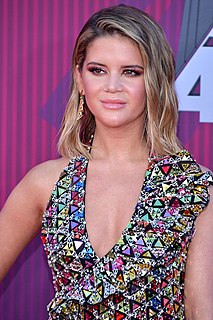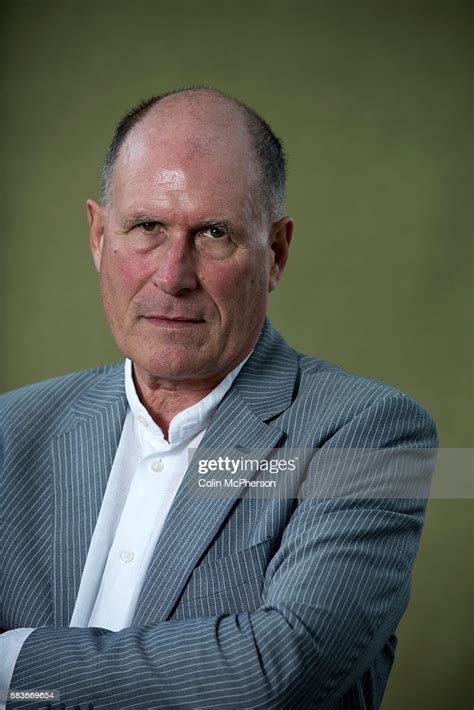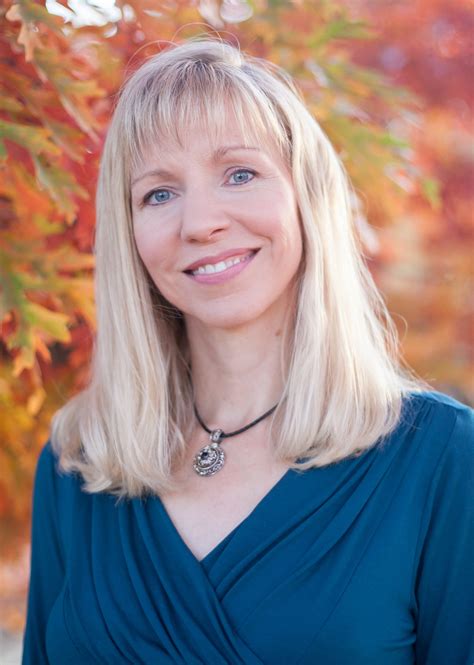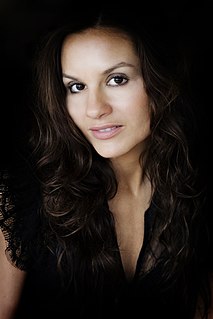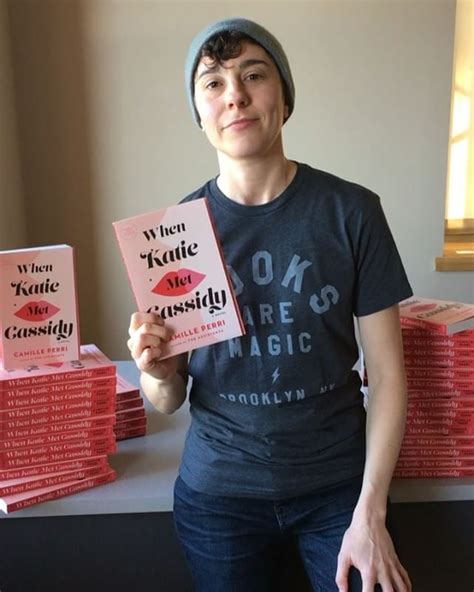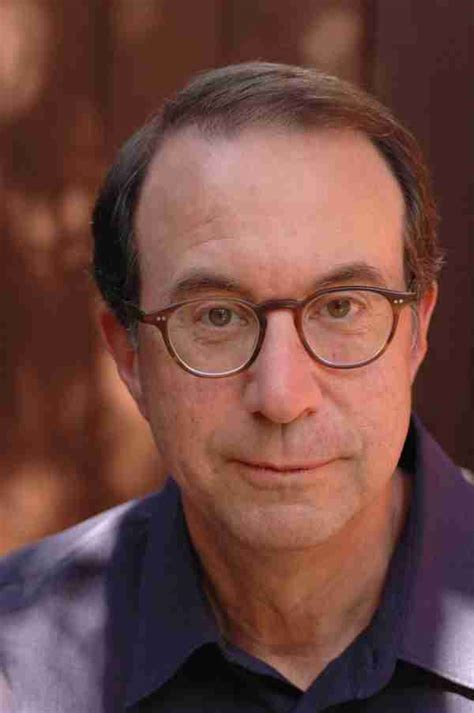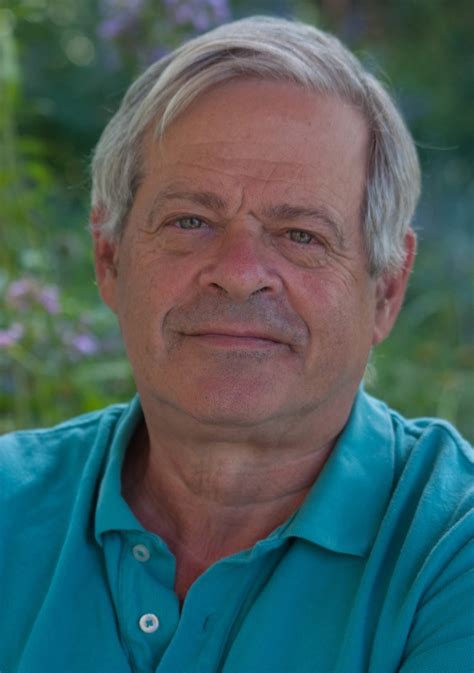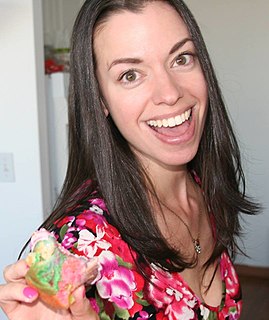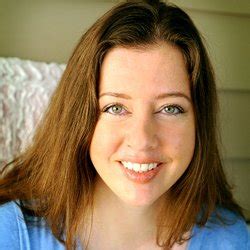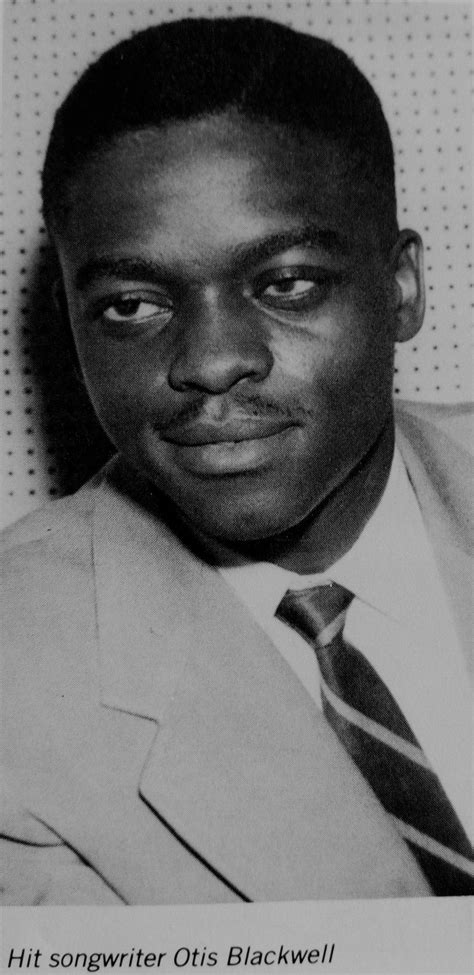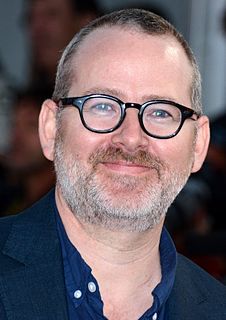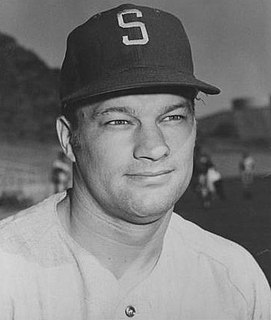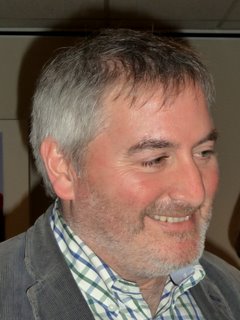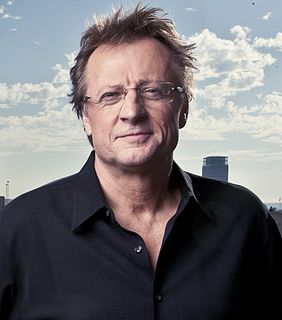Top 415 Publisher Quotes & Sayings - Page 6
Explore popular Publisher quotes.
Last updated on December 19, 2024.
This never happens, but I was writing with my friend Ryan Hurd and Eric Arjes, and we wrote this song called 'Last Turn Home.' The next day, my publisher emailed it to Tim McGraw's label. He listened to it, and I think within the week, he went into the studio and recorded it. And that never happens.
Facebook has become the richest and most powerful publisher in history by replacing editors with algorithms - shattering the public square into millions of personalised news feeds, shifting entire societies away from the open terrain of genuine debate and argument while they make billions from our valued attention.
Madly, futilely, I wrote novel after novel, eight in all, that failed to find a publisher. I persisted because for me the novel was the supreme literary form - not just one among many, not a relic of the past, but the way we communicate to one another the subtlest truths about this business of living.
People do judge books by their covers, and the magazine editors deciding whether to include your book on their pages are working in a visual medium. So if you're less than thrilled by the cover your publisher proposes, don't be afraid to ask for an alternate version. Odds are that they want you to be happy with the final product, anyway.
If you feel like keeping a journal-that neither you nor anyone else on earth will ever want to read-be my guest. But if you want to write something that may eventually see the light of day, that a magazine might buy or a publisher publish, then you'll have to knock off the journaling and do the grunt work that real writing requires.
Some time ago a publisher told me that there are four kinds of books that seldom, if ever, lose money in the United States--first,murder stories; secondly, novels in which the heroine is forcibly overcome by the hero; thirdly, volumes on spiritualism, occultism and other such claptrap, and fourthly, books on Lincoln.
The Revelation was my master's project, and after I finished it, I thought I'd send it off to a publisher and within a year or so be a rich and famous writer. Two years later I finally sold it. For a whopping $4,000. A year after that, it finally came out. Which explains why there are all those terrible jobs on my resume!
I dreamed about this as a kid, that I would write - and people would read - a whole series of books. I feel accomplished, giddy, and tired. Mostly, though, I feel thankful. A trilogy is a huge investment on the part of author, publisher, and reader, and I'm grateful that so many people were willing to invest along with me.
If you're going to have a book published in China, that means that you're going to be subject to in-house censorship at the publisher, and then also, of course, the government has an apparatus that is in charge of making sure that ideas that are considered disruptive or overly critical, that those don't get onto bookstore shelves.
If you're making a film about a band or a songwriter or whomever, there's a publisher, there's a record label, and there are people who are vested interests in that film. But with back-up singers, because they did stuff for everybody, there's no one party that has any vested interest in seeing the story told.
I went to SXSW in 2011. God, that was awful. I mean, I only went because my publisher wanted me to promote the book and the organizers invited me and it seemed silly not to go, especially for a relatively unknown first-time author. This is just not my cup of tea; the fewer such events I do on an annual basis, the happier I feel.
I actually produced other people's vocals for a long time when I first signed my publishing deal and I had just sort of decided that I only wanted to be a writer. I would be in all of these writing sessions, and a lot of times my publisher would say, "You should get a demo singer to sing it because then it doesn't identify as a Solange song."
Booksellers are tied to publishing - they need conventional publishing models to continue - but for those companies, that's not the case. Amazon is an infrastructure company; Apple sells hardware; Google is really an advertising company. You can't afford as a publisher to have those companies control your route to market.
Madly, futilely, I wrote novel after novel, eight in all, that failed to find a publisher. I persisted because for me the novel was the supreme literary form: not just one among many, not a relic of the past, but the way we communicate to one another the subtlest truths about this business of living.
Advertising and content have always been bound together - in print, on television, and on the web. Sure, you can skip the ad - just flip the page, or press 'ffwd' on your DVR. But great advertising, as I've long argued, adds value to the content ecosystem, and has as much a right to be in the conversation as does the publisher and the consumer.
The cliché I tried to avoid was I hated "teenage sidekicks." I always figured if I were a superhero, there's no way on God's earth that I'm gonna pal around with some teenager. So my publisher insisted I have a teenager in the series, because they always felt teenagers won't read the books unless there's a teenager in the story; which is nonsense.
Many of the early greats of sf ? Hugo Gernsback (publisher of Amazing Stories) in particular ? saw themselves as educators. The didactic thrust of science fiction got the genre initially pegged as children's fare. It was seen, at its best, as an extension of school and, at its worst, as teenage wish fulfillment.
Frequently, an author gets "orphaned" at a publisher. What this means is that an editor buys their book, then ends up getting fired, promoted, or transferred to a different job somewhere else. It sucks for the author because suddenly the person who liked your book enough to buy it isn't around to help you edit and promote it.
I thought 'UnSouled' would come in at around 400 pages, but it took 650 pages, and even then I felt like I was rushing the conclusion, so I asked my editor and publisher if I could divide it again. So a sequel became a trilogy, and the trilogy became a tetralogy - although we're not calling it that.
